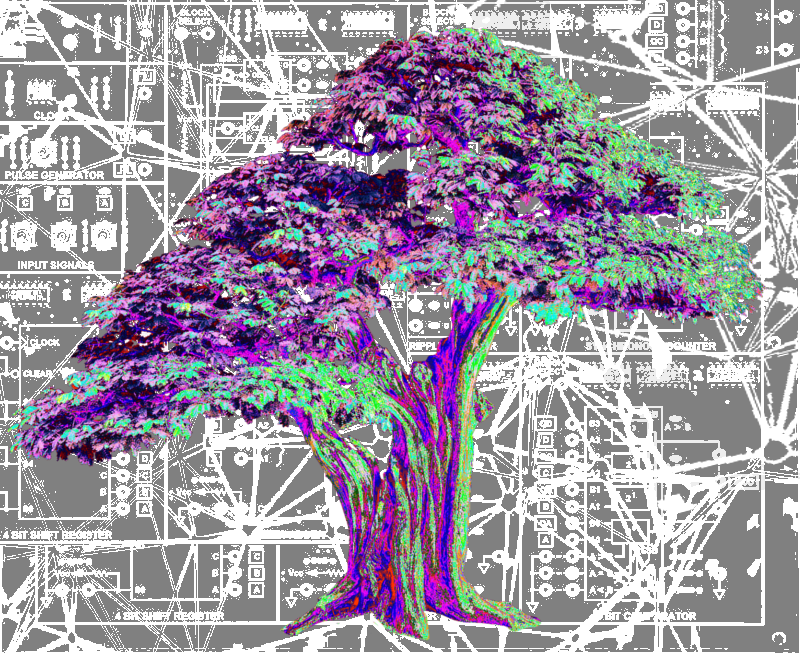Report calls for crypto regime
 A senate inquiry says reforms should be made to encourage digital and crypto-asset businesses in Australia.
A senate inquiry says reforms should be made to encourage digital and crypto-asset businesses in Australia.
The Select Committee on Australia as a Technology and Financial Centre has been looking at the largely unregulated world of crypto and digital assets.
It has made 12 recommendations that could see Australia fill gaps in its existing regulation and become a digital innovation hub.
It says new regimes should be created for market licensing for digital currency exchanges (DCEs), custodial and depository services.
It also suggested changes to anti-money laundering and counter-terrorism financing guidelines to make them “fit for purpose”.
Despite some exchanges managing billions of dollars in trades a year, the report found the crypto and digital assets industry has very limited regulatory oversight.
The only current requirement to operate a DCE is to register with the anti-money laundering regulator AUSTRAC, which the inquiry found has a “light touch”, and does not deal with investor protections.
The industry has called for capital gains tax (CGT) on digital currency trades to be scrapped.
The committee found CGT should only be applied “when there is a clearly definable capital gain or loss” when a trade occurs, but did not define a threshold.
Another recommendation was for a 10 per cent tax discount to be applied to businesses that use renewable energy to “mine” cryptocurrency.
Aaron Lane from the RMIT Blockchain Innovation Hub said it is good to see the government doing something.
“The longer we leave it, the more the more we fall behind, particularly the US kind of crypto-friendly jurisdictions locks like Singapore,” Dr Lane said.
“There is some urgency about it.”
Other experts have called for significantly more detail, but were encouraged by the committee's recommendation for the federal government to set up a new decentralised autonomous organisation (DAO) company structure.
DAOs are common law partnerships, syndicates or unincorporated associations that run according to a code or smart contracts.
DAOs and other blockchain projects with decentralised governance structures are not currently recognised under Australian law.
The US state of Wyoming legally recognised DAOs this year, and is fast becoming a hub for digital asset businesses.
Giving regulatory recognition to DAOs has been described as the most significant reform to corporate law in two decades.








 Print
Print